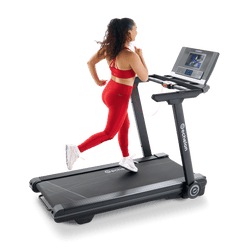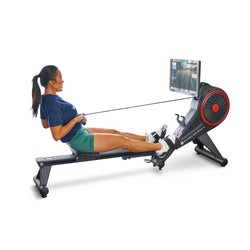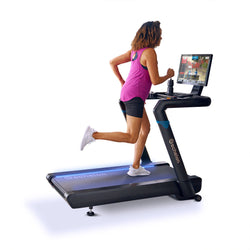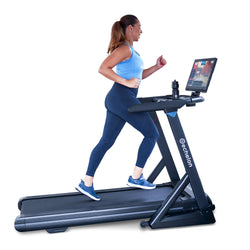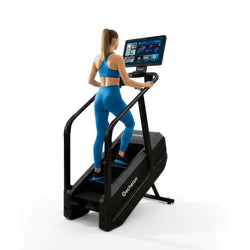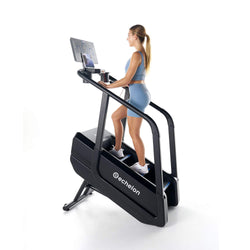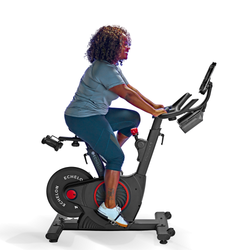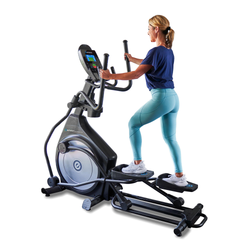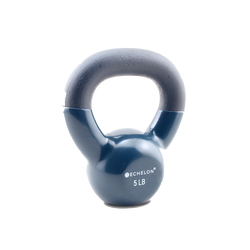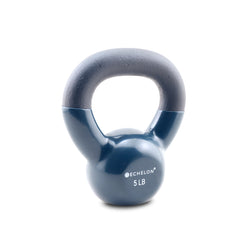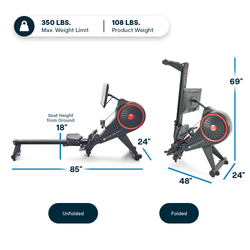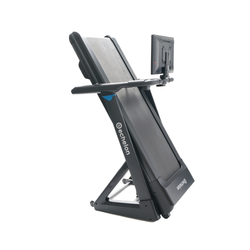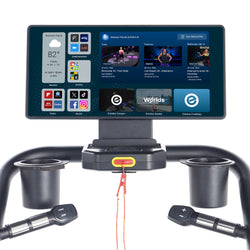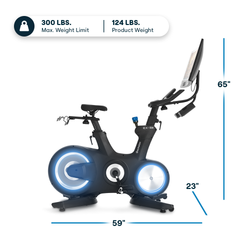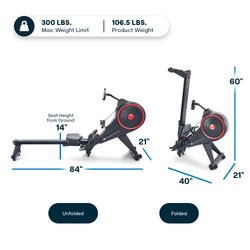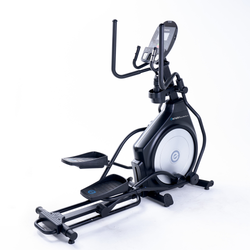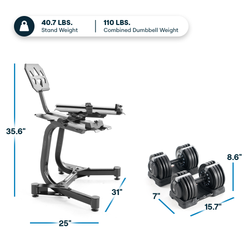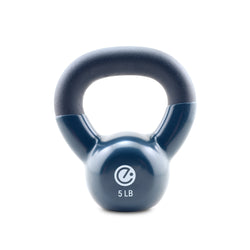Breast Cancer + the Benefits of Exercise
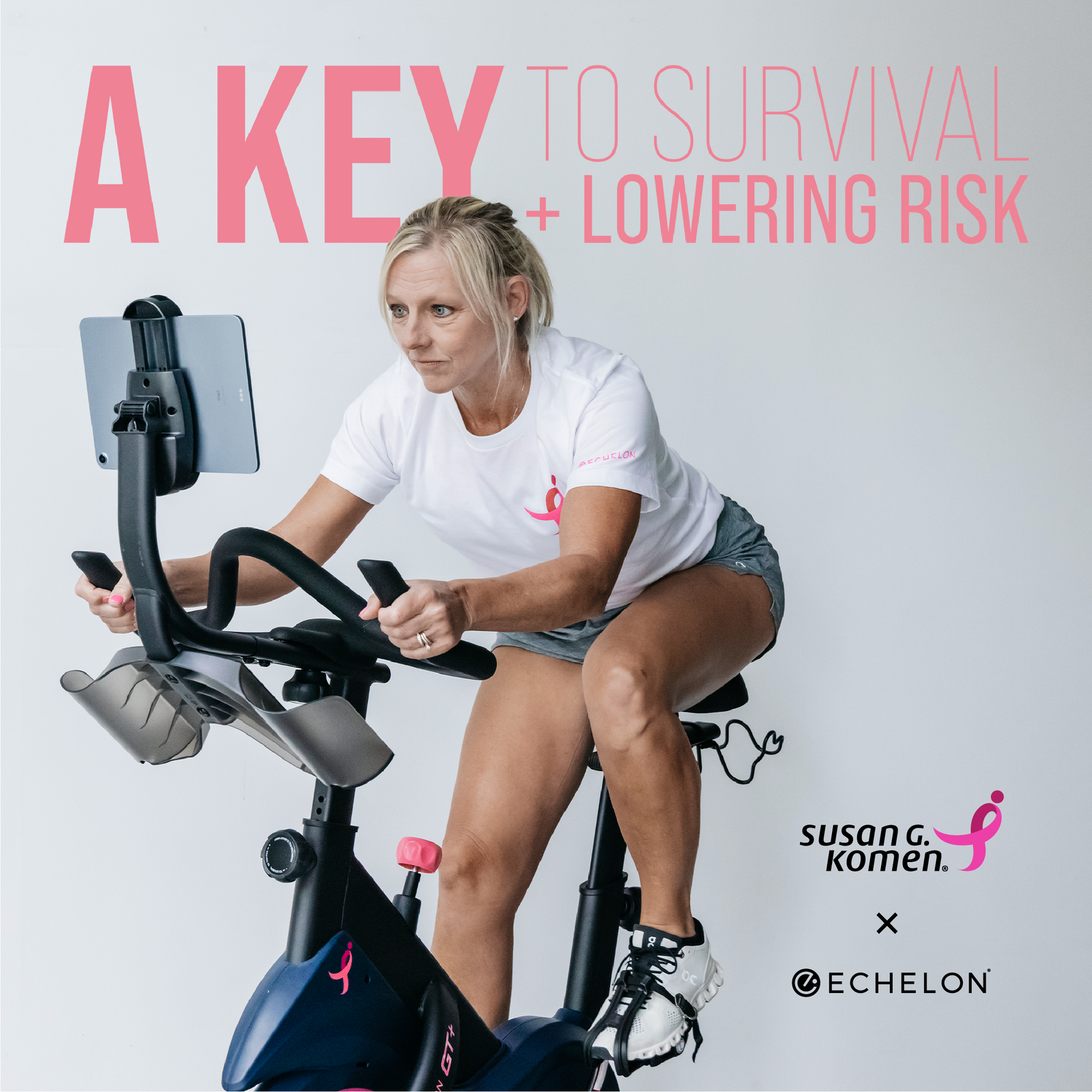
The U.S. celebrates Breast Cancer Awareness Month every October, but we believe this month should be about more than awareness. So this October, we worked with Susan G. Komen to gather some of the actionable steps all people can take to prevent and survive breast cancer.
In this post, we will cover:
Breast Cancer + Fitness: The Facts + Stats
Breast Cancer Definition
Breast Cancer Prevention
Breast Cancer Survival
Breast Cancer + Fitness: The Facts + Stats
Susan G. Komen has a wealth of resources around the facts and statistics relating to breast cancer. We gathered the highlights, relating to how exercise can impact prevention and survival.

Breast Cancer Definition
At the highest level, breast cancer occurs when breast cells divide and grow without the control present in a healthy body. The most common form of breast cancer is invasive, with an estimated 281,550 new cases in women and 2,650 new cases in men in 2021. An invasive breast cancer diagnosis means that the abnormal cancer cells from the milk ducts or lobules break out into nearby breast tissue.
When invasive cancer spreads beyond the breast and lymph nodes of the underarm, it is called metastatic or stage IV breast cancer. Ductal carcinoma in situ (DCIS) is non-invasive breast cancer, also known as “pre-invasive” or “pre-cancerous.” DCIS can lead to invasive breast cancer if left untreated.
One in eight women in the U.S. will be diagnosed with breast cancer in their lifetime, and over 7 million people are living with breast cancer worldwide. Sadly, every 46 seconds someone in the world dies of breast cancer.
Breast Cancer Prevention
While it cannot always be prevented, there are steps you can take to lower your risk of breast cancer. For example, many studies have demonstrated that regular exercise is linked to a lower risk of breast cancer. Collectively, research indicates a 10-20% lower risk of breast cancer for active women compared to their less active peers.
The connection between physical fitness and breast cancer may lay in a few areas. First, exercise may boost your immune system so your body can naturally kill or slow the growth of cancer cells. Additionally, exercise may lower blood estrogen levels, which has a connection to lower breast cancer risk.
To see the most benefit of exercise concerning cancer risk, the American Cancer Society recommends 60 to 90 minutes of vigorous activity or 150 to 300 minutes of moderate activity. Thirty minutes of exercise per day can equal a 3% lower risk of breast cancer than those who are less active.
We obviously recommend working out with Echelon as a great way to meet these guidelines. Still, there are several ways to incorporate physical fitness into your life, according to Susan G. Komen:
- Use stairs rather than an elevator
- Walk or bike instead of driving
- Park farther away from a store
- Take your pet for a walk
- Exercise at lunch or take an exercise break to stretch or take a quick walk
- Plan active vacations
- Wear a device every day to keep track of your steps
- Join a recreational sports team
Breast Cancer Survival
Even if you are unable to prevent breast cancer, exercise can play an essential role in survival. Specifically, 150 minutes of exercise per week can lead to an 11% lower risk of breast cancer mortality and a 24% lower risk of overall mortality. Those who are active for more than three hours per week have a 30% lower mortality compared to less active survivors.
Echelon member and 17-year breast cancer survivor, Jennifer, attributes her healthy lifestyle to helping her survive the experience — both physically and emotionally. Susan G. Komen backs up her feelings and states that, for breast cancer survivors, physical activity is linked to:
- Improved body image
- Improved mood
- Improved physical condition and movement
- Improved quality of life
- Increased sexuality
- Increased energy
- Better bone health
- Reduced fatigue
- Reduced stress and anxiety
- Reduced distress and depression
Next Steps
There is no denying that breast cancer is a scary and serious disease that affects many people. Focusing on the areas that you can control, such as choosing to exercise, can help manage that fear while also lowering your risk or increasing your survival.
At Echelon, we hope to see an end to breast cancer and want to show our support through our partnership with Susan G. Komen. Throughout the month of October, you can round up your purchase at echelonfit.com to donate your change. We also have a limited-edition product line where a portion of all sales will be donated to Susan G. Komen with a $100K minimum.

